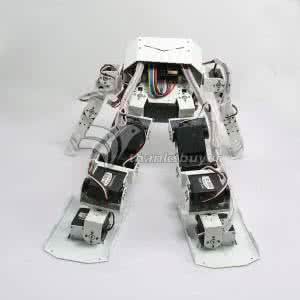Missions such as the Ingenuity helicopter have shown the advantages of using novel locomotion modes to increase the scientific return of planetary exploration missions. Legged robots can further expand the reach and capability of future planetary missions by traversing more difficult terrain than wheeled rovers, such as jumping over cracks on the ground or traversing rugged terrain with boulders. To develop and test algorithms for using quadruped robots, the AAPLE project was carried out at DFKI. As part of the project, we conducted a series of field experiments on the Volcano on the Aeolian island of Vulcano, an active stratovolcano near Sicily, Italy. The experiments focused on validating newly developed state-of-the-art adaptive optimal control algorithms for quadrupedal locomotion in a high-fidelity analog environment for Lunar and Martian surfaces. This paper presents the technical approach, test plan, software architecture, field deployment strategy, and evaluation results from the Vulcano campaign.
翻译:暂无翻译



